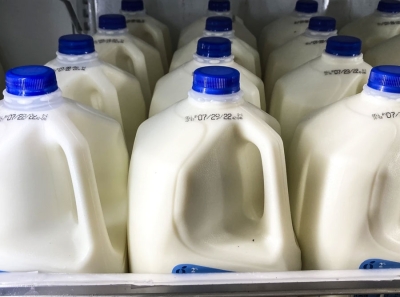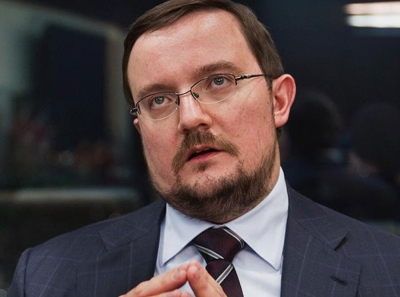Farmers’ protests in Europe: what are the causes?
Last summer, farmers — particularly in Poland — protested against cheap grain from Ukraine, while in the Netherlands, stubborn resistance to environmental regulations gave protest party the Farmer-Citizen Movement (BBB) a boost. These protests have been followed by road blockades in Germany over the government’s plans to cut agricultural subsidies, and now in France over the high fuel prices. Europe’s farmers are clearly facing many problems — mainly, but not exclusively, of a structural nature, commentators observe.
French hypocrisy
France’s agricultural policy is full of contradictions, L’Opinion criticises:
“’We are all farmers’. Yes, when we demand quality food products that are ‘made in France’, but no, when the culture of low prices fed by the big retail chains eats up profit margins to the point of bankruptcy. Yes, when we demand local products; no, when the principle of ‘not in my backyard’ jeopardises certain activities. ... Yes, in the pride of belonging to an agricultural powerhouse, the key to national sovereignty; no, in the indifference to the excessive standards, costs, prohibitions and controls that are destroying entire sectors. ... These inconsistencies have a high price. High for the farmers, but even higher for the country as a whole.”
Many farmers, small farms
Farmers and truckers in Romania are demonstrating and blocking border crossings to Ukraine and the Black Sea port in Constanța. They criticise that Ukrainian grain is still making its way into the Romanian market and demand the payment of outstanding subsidies. Jurnalul National looks behind the scenes:
“Romania has the most farmers in the EU — 3.5 million — with 90 percent of farms cultivating areas covering less than five hectares. ... Problems such as underfunding, poor access to irrigation and mechanisation are causing competition problems, which are already being exacerbated by competition from its oversized neighbour Ukraine. ... Take sugar beet production: in 2023/2024 Ukraine will deliver around 650,000 tonnes to the EU — 30 times the amount it delivered before 2022.”
The problem has a common root
According to Krónika, which is partially funded by the Hungarian government and directed at the Hungarian minority in Romania, grain imports from Ukraine are the main cause of discontent among EU farmers:
“The German, Romanian and Polish farmers’ demands have common roots. ... The problem lies in the dilettantism of the politicians in Brussels, who have irresponsibly allowed cheap Ukrainian agricultural products that do not meet EU standards to enter the markets of EU member states duty-free as a way of helping Ukraine. It’s like a non-swimmer trying to save a drowning person, and they both drown.”
Think European, think positive
The protests pose a challenge for the EU, Ouest-France notes:
“The wave of demonstrations is grist to the mill for all Eurosceptic movements, which are quick to make national preference their battle horse in the European elections. ... But the situation of British agriculture, which is suffering after Brexit, casts doubt on these demands. The real answers must be sought in Brussels. ... The urgently needed generational change can only be achieved by restoring trust. This also requires a new rhetoric from farmers’ organisations, especially COPA, the Committee of Professional Agricultural Organisations, which brings together the most important European farmers’ groups. They need to offer the younger generations prospects and a future.”









